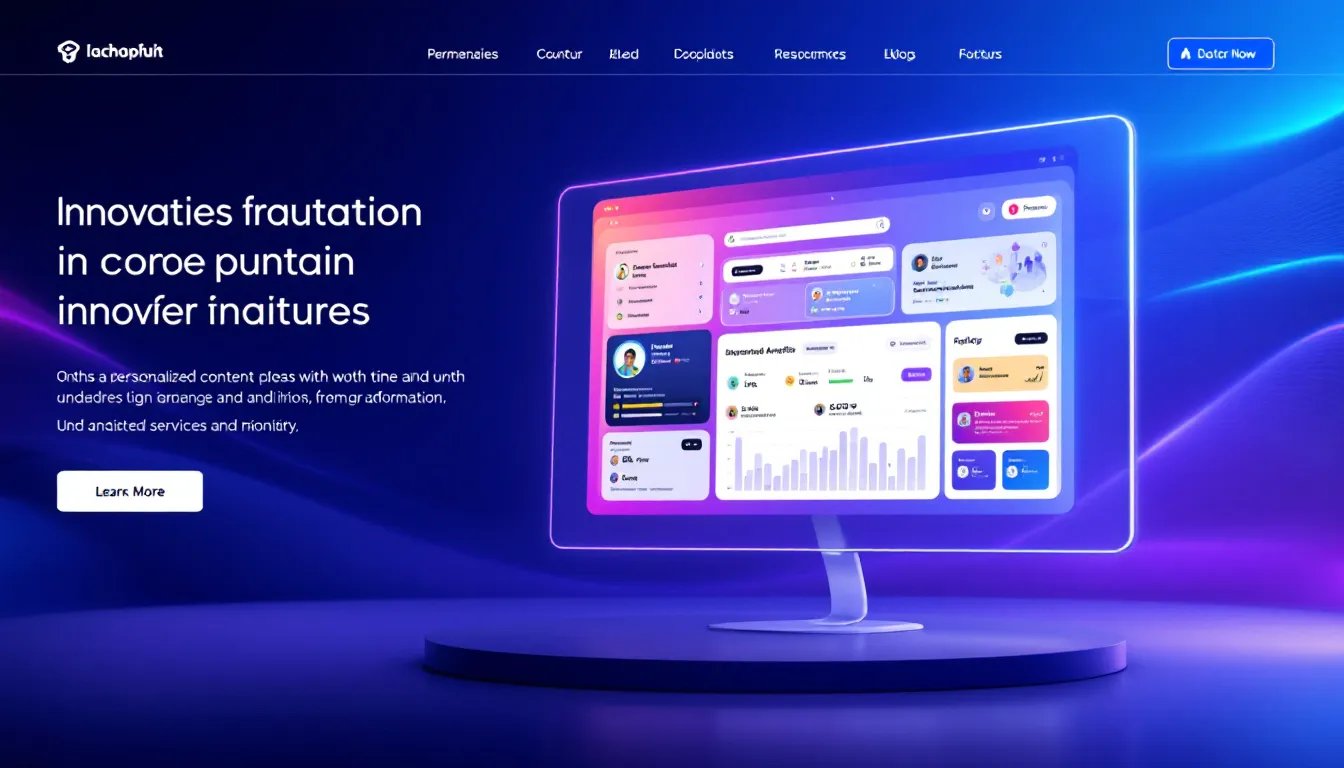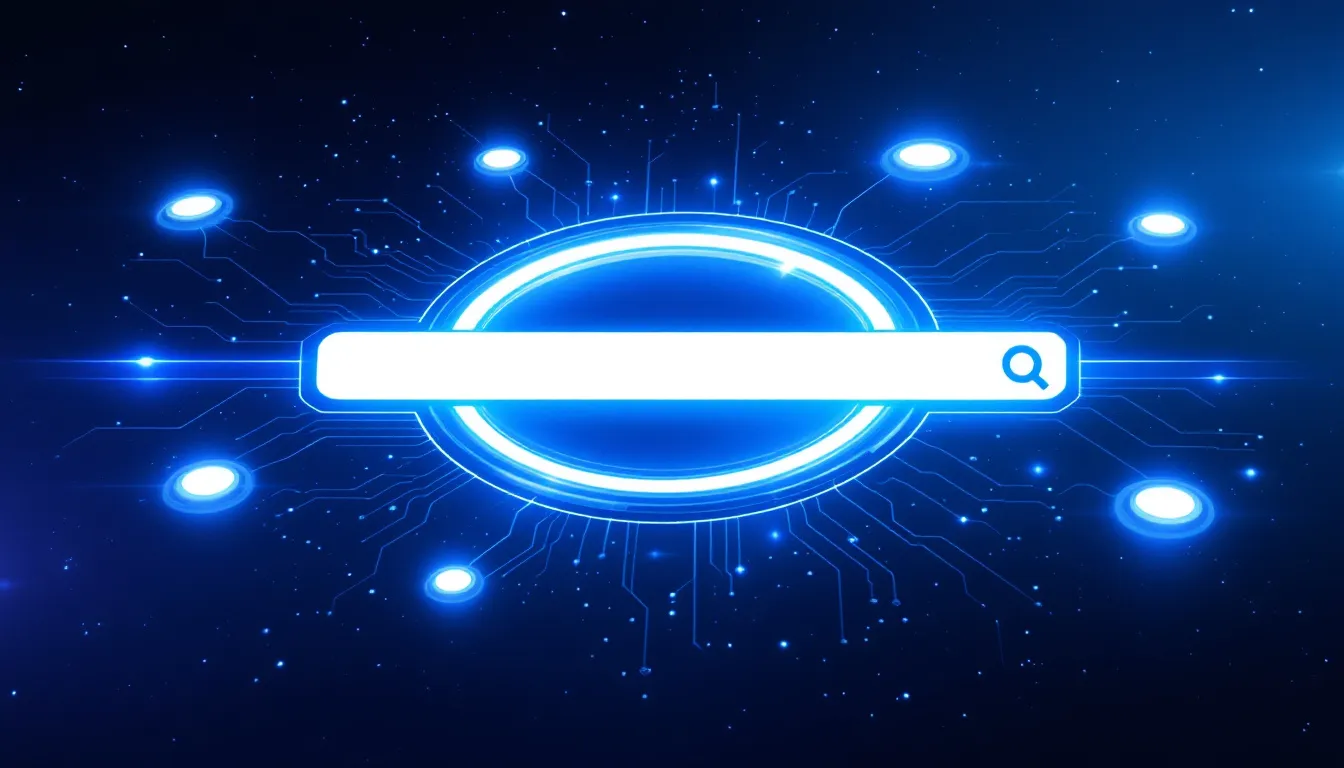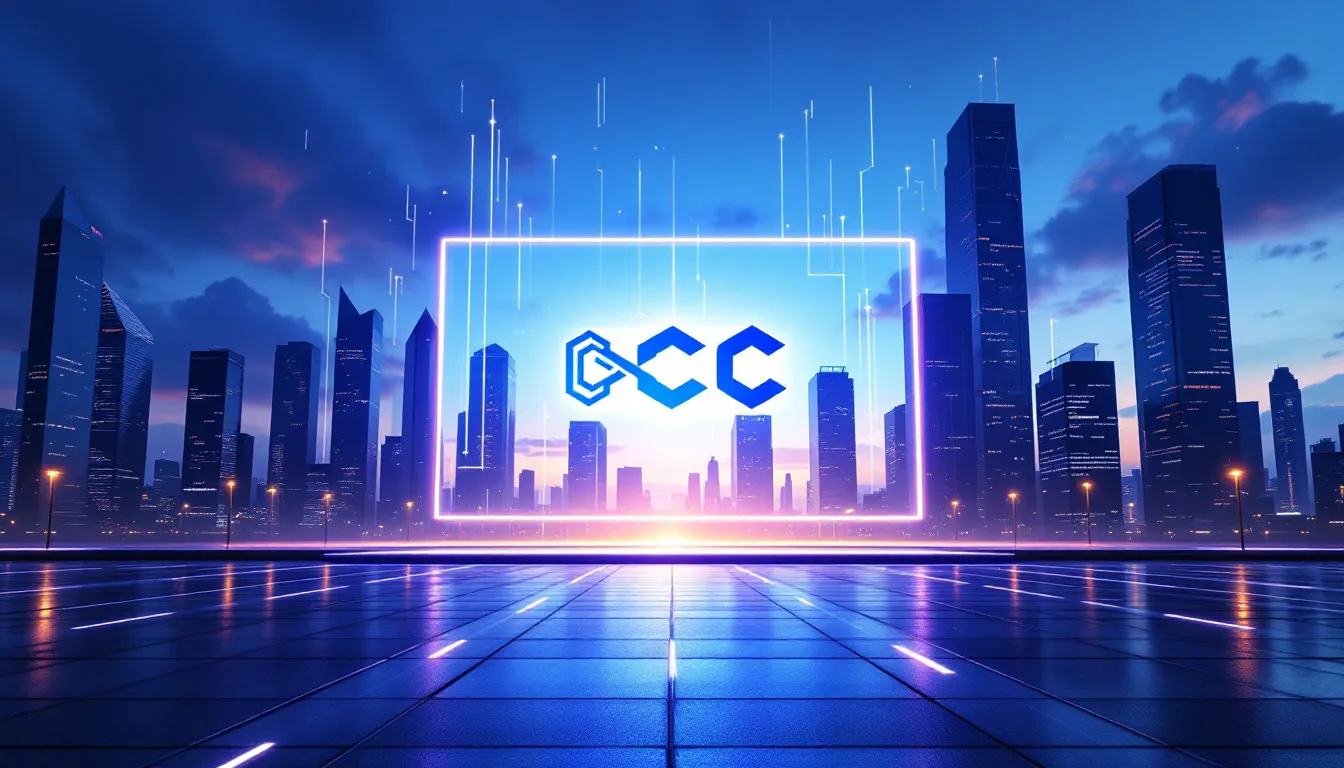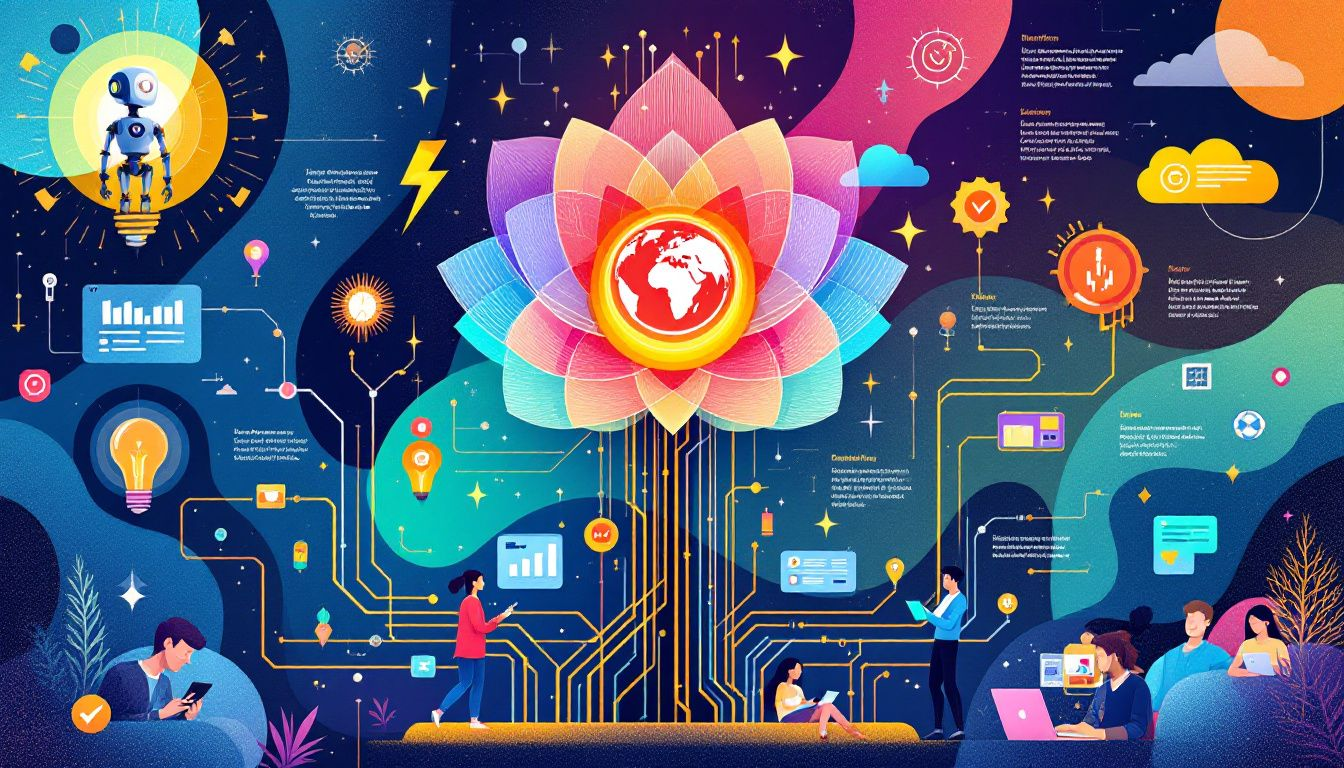Looking for a web portal development company to transform your digital infrastructure? This article breaks down everything you need to know—from the features and benefits to the costs—about partnering with an expert team. Discover how a well-crafted web portal can streamline your business operations and elevate your online presence.
Key Takeaways
-
Custom web portal development services provide tailored digital solutions that enhance business efficiency, featuring robust security and comprehensive post-development support.
-
Various types of web portals, including B2B, customer, and e-commerce, cater to different industry needs, optimizing communication, engagement, and transaction processes.
-
The cost of web portal development varies significantly, influenced by factors such as platform choice, project complexity, and feature requirements, with average costs ranging from $5,000 to $15,000.
Custom Web Portal Development Services

Custom web portal development services focus on crafting bespoke digital solutions tailored to specific business needs. This comprehensive process creates secure, user-friendly digital spaces that enhance your digital presence and operational efficiency through customer portal development and web portal modernization.
Key characteristics of a custom web portal include convenient onboarding, easy content management, reliability, and robust security. Our commitment to data security is unwavering; we sign Non-Disclosure Agreements (NDAs) and adhere to strict security protocols to safeguard your information. The functionality and design expectations of the delivered client portal must be met for a successful implementation.
Comprehensive post-development support ensures the longevity and efficiency of your web portal. Our maintenance services address issues, manage configurations, and implement updates, keeping your portal aligned with evolving business needs.
Types of Web Portals We Develop
Our custom web portal development solutions cater to a wide range of industries and business functions. By enhancing user engagement and streamlining transactions, these portals support business growth and operational efficiency. Whether it’s a health insurance management platform that streamlines processes or a real estate sales automation tool, our portals are designed to meet specific business needs.
We develop various types of web portals, including B2B, customer, and ecommerce portal development.
B2B Web Portals
B2B web portals are instrumental in enhancing communication and collaboration among businesses, employees, partners, and clients. These portals provide a secure web-based platform for accessing services, information, and communication tools, thus facilitating efficient business interactions. Key features of B2B portals include streamlined project management, knowledge sharing, and a centralized platform for business processes.
Vendor portals, a subset of B2B portals, aim to simplify collaboration with suppliers and streamline accounting processes. Leveraging advanced tools and technologies, our B2B web portal development services optimize business operations for growth and efficiency.
Customer Web Portals
Customer web portals are designed to provide users with personalized experiences, enhancing engagement through tailored services and support. These portals offer functionalities such as secure access to account information, service subscriptions, and maintenance requests, all through a single access point. Integrating user authentication and self-service tools, customer web portals streamline interactions and boost satisfaction.
One of the innovative features of customer web portals is the inclusion of telemedicine capabilities, which facilitate remote consultations and enhance healthcare accessibility. Additionally, live video consultations integrated into these patient portals allow for real-time communication between users and service providers, further enhancing the user experience.
E-commerce Web Portals
E-commerce web portals are essential for businesses looking to streamline their online sales processes. These portals allow for real-time transaction tracking, ensuring accurate financial reporting and reducing manual effort. E-commerce portals that automate reporting and integrate advanced analytics offer valuable insights into customer behaviors and purchasing patterns.
Personalized user experiences are at the core of successful e-commerce portals. These portals use customer data to enhance engagement with targeted marketing tools and personalized recommendations. Moreover, supporting multiple payment options ensures greater flexibility and customer satisfaction.
Innovative Features in Modern Web Portals

Modern web portals are equipped with innovative features that significantly enhance user experience and engagement. AI chatbots, for example, utilize natural language processing to understand user intent and provide automated, human-like interactions. These chatbots can handle a variety of tasks, from answering queries to guiding users through complex processes, thus improving efficiency and user satisfaction.
Augmented reality (AR) features add another layer of interactivity to web portals. By providing interactive and immersive experiences, AR can enhance user engagement and make information more accessible and understandable. For instance, AR-powered manuals can offer step-by-step guidance through interactive overlays, improving user instructions and support.
Voice-controlled navigation is another advanced feature that modern web portals incorporate. This technology enables users to interact with web portals hands-free, enhancing accessibility and convenience. Integrating innovative features ensures our web portals meet evolving user needs and deliver a seamless digital experience.
Our Proven Development Process
Our web portal development process is meticulously structured to ensure efficiency and alignment with your business objectives. From the initial planning and requirements gathering to design, development, and testing, each phase is carried out with precision and attention to detail.
This structured approach minimizes delays and ensures that the final product meets your expectations and enhances your business operations.
Planning and Requirements Gathering
Effective planning and requirements gathering form the cornerstone of successful web portal development. Engaging stakeholders through interviews and workshops clarifies project goals and gathers detailed requirements, ensuring the final product supports operations and enhances user experience.
During this phase, we also consider the specific functions that clients will utilize through their web portal, such as online orders, service subscriptions, and maintenance requests. Custom customer portals are designed to provide functionalities like accessing products, placing orders, and providing feedback, all of which contribute to a seamless user experience.
Design and UX/UI Development
In the design phase, we create portal architecture tailored to user needs, focusing on delivering a functional and user-friendly interface. UX/UI designs are developed to enhance user interactions and improve overall usability, ensuring that the portal meets specific user needs and preferences effectively.
Our design process prioritizes creating a unified digital experience that engages users and supports their tasks. Incorporating UX/UI best practices makes your web portal intuitive, visually appealing, and easy to navigate.
Iterative Development and Testing
We employ an Agile methodology in our development process, allowing our teams to deliver updates in short, manageable cycles. This iterative approach allows regular reassessment based on feedback, ensuring the final product aligns with customer needs and expectations.
Each iteration includes a thorough testing phase, which helps identify and resolve issues before proceeding to the next stage. This continual testing and feedback loop drive improvements and lead to a higher quality product that meets your business requirements.
In addition to manual testing, we also integrated automated unit, integration and end-to-end tests into our development workflow which helps ensure that the application meets the highest quality standards.
Integration with Existing Systems

Web portals serve as centralized platforms for accessing information and tools relevant to specific business interactions. Integrating web portals with existing systems, such as ERP and CRM, ensures seamless data flow and enhances operational efficiency. For instance, connecting with ERP systems can automate data transfer, ensuring updates are reflected across various business functions.
Real-time data sharing between eCommerce platforms and ERP systems improves order management accuracy and streamlines online sales processes. Additionally, integrating CRM with web portals allows for synchronized customer information, enhancing collaboration among teams and improving customer engagement.
Technologies We Use
Our technology stack for web portal development includes various components, such as web servers, databases, programming languages, and frameworks. We focus on both frontend and backend technologies to ensure a seamless user experience and robust application performance. Our favorite technologies to use for web applications include the MERN stack, .NET/C# and Next.js.
Frontend technologies handle the visual elements that users interact with, while backend technologies manage the server side of the application. Leveraging these technologies, we create scalable, secure, and efficient web portal solutions using modern frameworks like React.
Industry Expertise
Our extensive experience across various industries allows us to deliver tailored solutions that meet unique industry challenges. Our portfolio includes a variety of web portals that cater to specific industry requirements, demonstrating our adaptability and expertise. Collaborating with industry experts enhances project outcomes and ensures our solutions drive business growth and user engagement.
With nearly a decade of experience in web portal development, our team of developers has successfully delivered dozens of web portal projects across industries for businesses of all sizes. This extensive expertise enables us to handle complex projects and deliver high-quality solutions that enhance operational efficiency and customer engagement.
Client Success Stories
Client success stories are a testament to the real-world effectiveness of our custom web portal development services. We believe in a collaborative partnership that extends through the design, development and launch/post-release support phases. We measure the success of our projects for clients by the real-world measurable business results they produce.
These stories showcase how our solutions have enhanced operational efficiency, improved user engagement, and driven business growth.
Case Study: Enhancing Business Processes for Logistics Training Provider
Working with a leading provider of logistics training we developed a custom logistics web portal that allowed for the seamless management of client training projects including an integrated CSM, CRM and automated results reporting into TPR. The web portal streamlined workflows and significantly enhanced team efficiency while reducing the number of mistakes made compared to the previous manual workflows.
This case study exemplifies how our custom web portal solutions can transform business processes and drive growth.
Cost of Developing a Web Portal

The cost of developing a web portal varies significantly based on several factors, including:
-
Platform choice
-
Project size
-
Features
-
Customization requirements
The overall complexity of the web portal directly influences development costs, with more intricate features leading to higher expenses. Additionally, the choice of technology stack impacts the user experience, performance, scalability, and security of the web application.
Security is crucial in web portal development, making it essential to select frameworks that provide regular updates to protect user data. Budget constraints can also influence technology choices, with popular programming languages like React, Node.js, and JavaScript being more cost-effective due to a larger talent pool.
The average cost to develop a web portal ranges from $5,000 to $15,000, but this can exceed based on specific requirements.
Why Choose Us as Your Web Portal Development Company?

Since its inception in 2022, Pickrell Global Technologies has built a track record of successfully delivering custom web portals on-time and within budget for our clients. We provide a wide range of solutions in both mobile and web development, ensuring that our clients receive comprehensive services tailored to their needs. Our focus on secure deployment practices, including performance management, troubleshooting, and updates, guarantees that your web portal remains efficient and secure.
Our experienced web portal developers deliver high-quality, portals aligned with your business objectives and designed to enhance user engagement. From planning to post-development support, we optimize every aspect of your modern web portal for success.
Choose us as your web portal development partner and experience the benefits of our expertise as a web development agency and commitment to excellence.
Summary
In summary, custom web portal development offers businesses a powerful tool for enhancing user engagement, streamlining operations, and driving growth. By focusing on tailored solutions, innovative features, and a proven development process, we deliver web portals that meet specific business needs and provide a seamless digital experience. Partner with us to leverage our expertise and transform your business with a top-tier web portal.
Frequently Asked Questions
What factors influence the cost of developing a web portal?
The cost of developing a web portal is significantly influenced by factors such as platform choice, project size, required features, customization needs, and the technology stack utilized. Understanding these elements is crucial for accurate budgeting and planning.
What types of web portals do you develop?
We develop a range of web portals, such as B2B, customer, and e-commerce portals, each customized to meet distinct business requirements. These tailored solutions ensure optimal functionality and user experience.
How do you ensure the security of web portals?
To ensure the security of web portals, it is crucial to implement strict security protocols, select frameworks that receive regular updates, and enforce non-disclosure agreements (NDAs). These measures collectively safeguard sensitive information and maintain a secure environment.
What innovative features can be included in modern web portals?
Incorporating AI chatbots, augmented reality, and voice-controlled navigation into modern web portals significantly enhances user engagement and accessibility. These innovative features make for a more interactive and user-friendly experience.
Why should I choose your company for web portal development?
You should choose our company for web portal development due to our years of industry expertise, commitment to high-quality custom solutions, and a strong emphasis on secure deployment practices that align with your business objectives.
Tags:
Digital Transformation, Business Efficiency Tools, Web Portal Development, Custom Web Portal Solutions, Web Portal Features, B2B Portal Development, Custom Portal Development, E-commerce Portals, Web Development Services, Cost of Web PortalsNov 25, 2024 8:00:00 AM
.png?width=301&height=50&name=Website%20%20Images%20(24).png)



